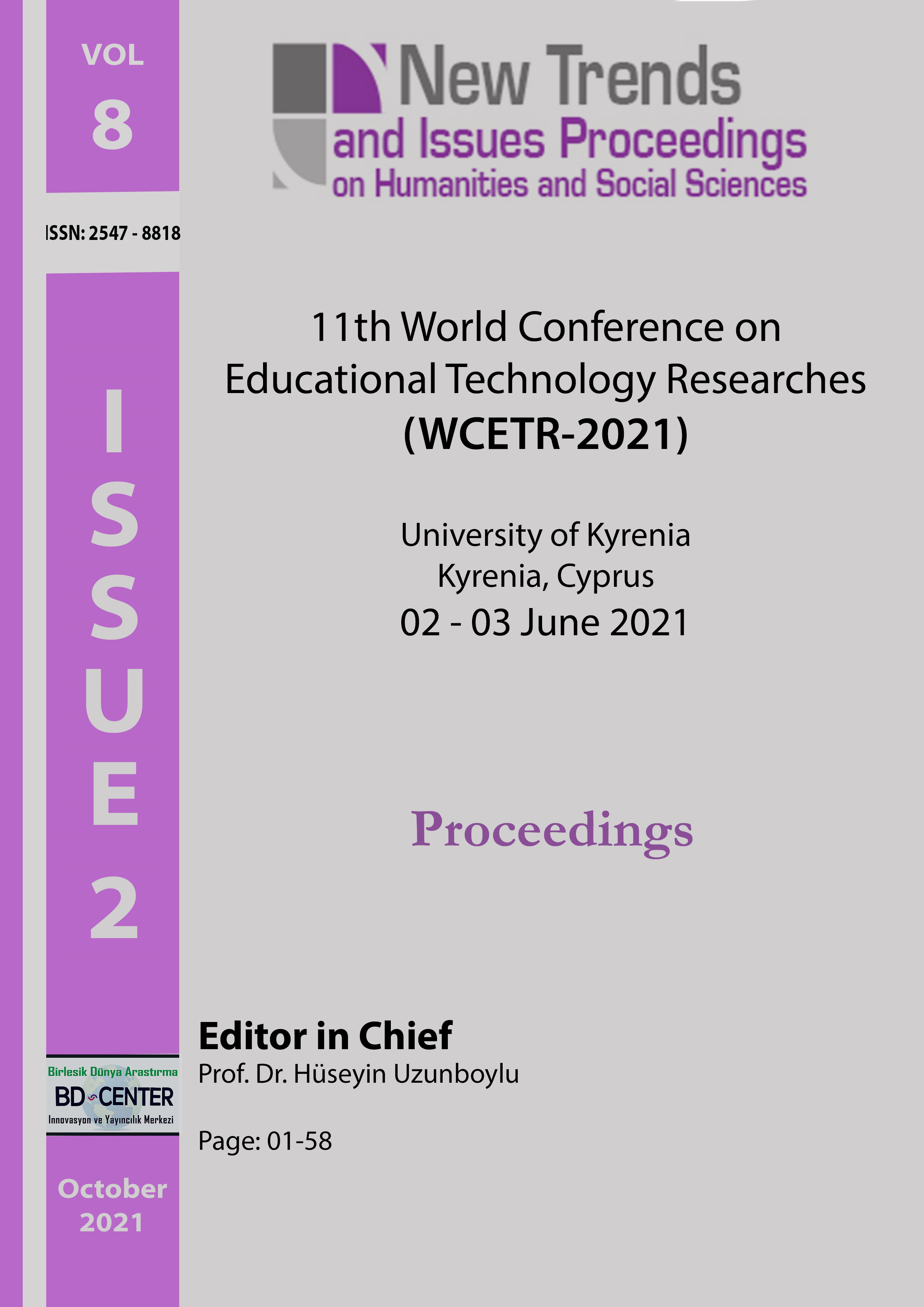Programming design, education, innovation, exploration and practice based on students’ cognitive laws
Main Article Content
Abstract
This paper analyses the cognitive characteristics and cognitive laws of freshmen students in learning the C programming language. We have built a spirally ascending complete curriculum theory knowledge system and a practical teaching model of experience–verification–exploration. The knowledge system is established through programming thinking from the perspective of computer systems, designed according to the teaching structure of knowledge construction and trained based on the engineering literacy with a new engineering background. The implementation of the teaching reform has achieved the expected results. The curriculum theory knowledge system is complete, and the practical teaching content is novel and rich. It has stimulated students’ learning enthusiasm and innovative consciousness, cultivated students’ professional qualities and helped to cultivate talents that meet the needs of the industry.
Keywords: Programming language, perspective, computer systems, knowledge construction.
Downloads
Article Details

This work is licensed under a Creative Commons Attribution 4.0 International License.
Authors who publish with this journal agree to the following terms:- Authors retain copyright and grant the journal right of first publication with the work simultaneously licensed under a Creative Commons Attribution License that allows others to share the work with an acknowledgement of the work's authorship and initial publication in this journal.
- Authors are able to enter into separate, additional contractual arrangements for the non-exclusive distribution of the journal's published version of the work (e.g., post it to an institutional repository or publish it in a book), with an acknowledgement of its initial publication in this journal.
- Authors are permitted and encouraged to post their work online (e.g., in institutional repositories or on their website) prior to and during the submission process, as it can lead to productive exchanges, as well as earlier and greater citation of published work (See The Effect of Open Access).
